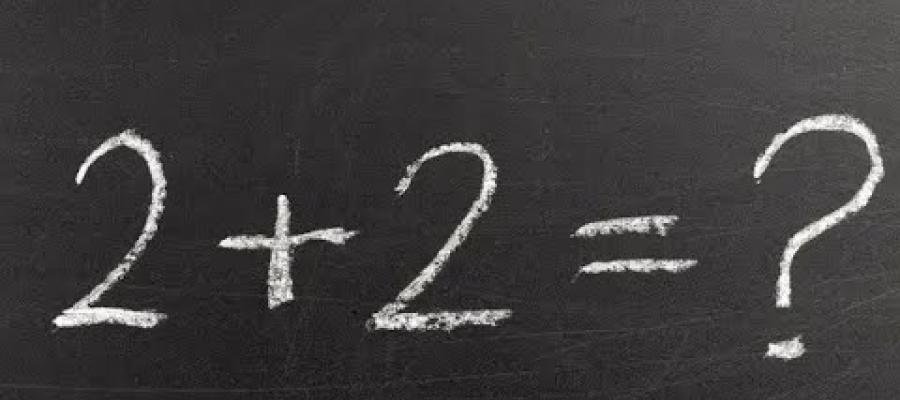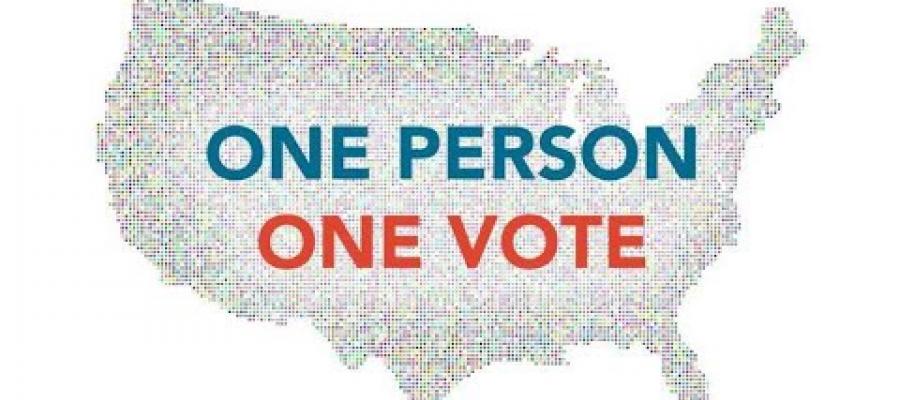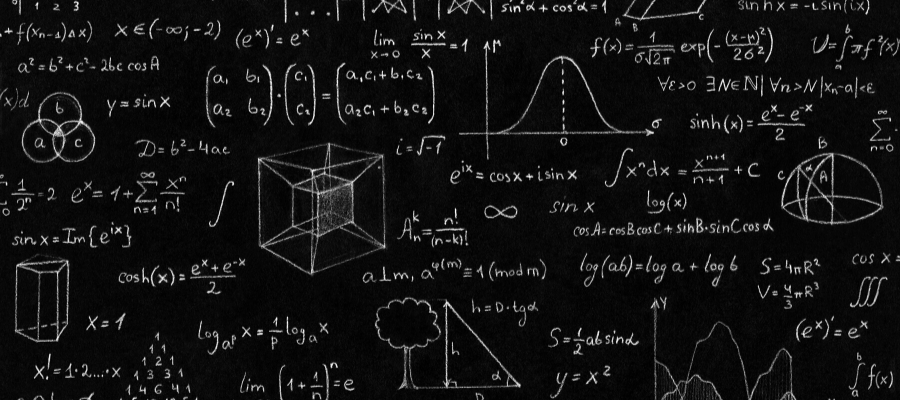
November 23rd is Fibonacci Day, named after the Italian mathematician Leonardo of Pisa, who later became known as Fibonacci. He is famous for popularizing the Hindu-Arabic numeral system in Europe (replacing Roman numerals) and for introducing the series of numbers we now call the Fibonacci sequence to the western world in his 1202 book, Liber Abaci. In honor of Fibonacci Day, for this month's playlist we are thinking all about numbers and math.
In a recent episode, Josh and Ray asked philosopher of math Arezoo Islami if the truths of mathematics are timeless and unchanging, or culturally and historically contingent. Earlier in the year year, they spoke with mathematician Moon Duchin about how geometry might be useful for combatting anti-democratic practices like gerrymandering.
For the other episodes in this month's playlist, we delve further back into the archives. John and Ken talked with computer scientist Rudy Rucker about the puzzling mathematical concept of infinity and with cognitive scientist and NPR's "Math Guy" Keith Devlin about the many ways our minds do math. In the last episode, John and Ken ask philosopher Gideon Rosen that timeless metaphysical question: what exactly is a number anyway?
Do the Math
| Episode Title | Guest | Related Content | ||
|---|---|---|---|---|
 | The Mysterious Timelessness of Math | Arezoo Islami, Professor of Philosophy, San Francisco State University | Why Is Math So Useful? | |
 | Democracy By Numbers | Moon Duchin, Professor of Mathematics, Tufts University | The Mathematics of Democracy | |
 | Infinity | Rudy Rucker, Professor Emeritus of Computer Science, San Jose State University | Infinity: A Dialogue | |
 | Math and the Mind | Keith Devlin, Senior Researcher in the Center for the Study of Language and Information at Stanford University and NPR's "Math Guy" | What Are Numbers? Animal Minds Infinity Too Much Information | |
 | What Are Numbers? | Gideon Rosen, Stuart Professor of Philosophy and Chair of the Council of the Humanities, Princeton University |
